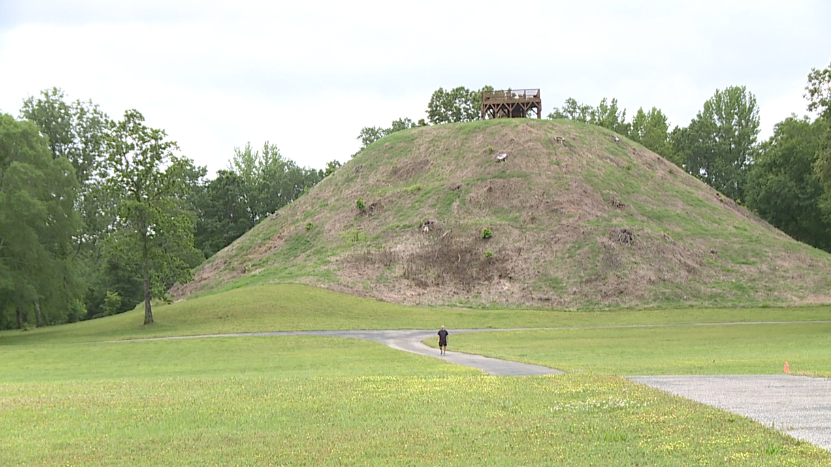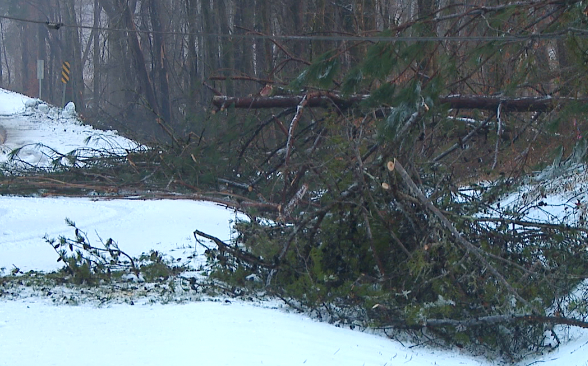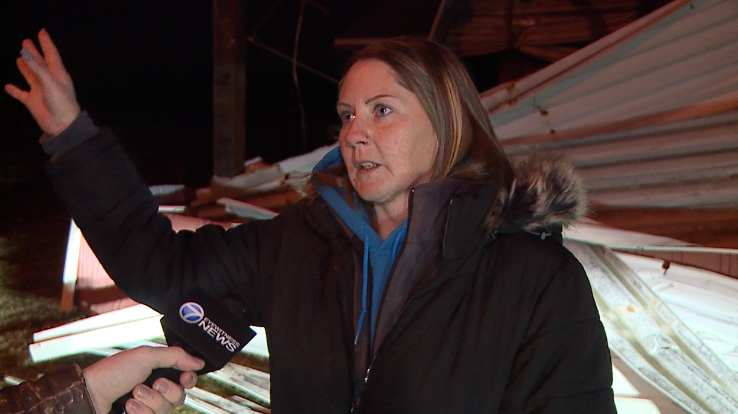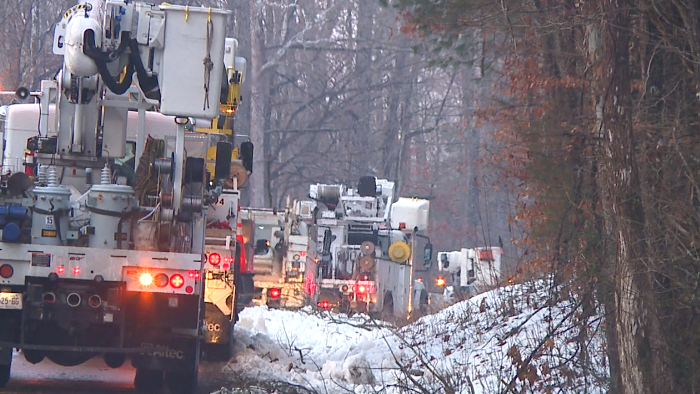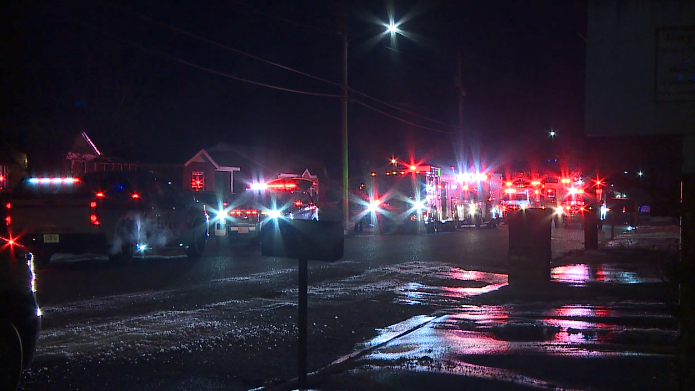Contagious virus impacts, kids, infants
JACKSON, Tenn. — When temperatures drop, flu cases and other infections rise.
Now hospitals are seeing an increase in one virus that’s impacting children across the nation.

Respiratory Syncytial Virus, also known as RSV, is a common contagious virus that affects the respiratory tract of infants and young children.
RSV infections happen usually in the fall, winter, and early spring, but from the beginning of October to now, doctors and pediatricians are seeing a huge jump in numbers.
Kimberly Cole, the Clinical Manager of Le Bonheur Jackson Inpatient Unit shared what to look for.
“Whenever it first starts it can look like the common cold. It could be runny nose, sneezing, coughing, maybe a fever, but it can become severe after a couple of days,” Cole said.
Usually RSV is seen in infants and children under the age of two. The virus can become extremely severe for children who have a weakened immune system or who were born prematurely.
“If the symptoms become severe, where the baby is working to breath, they definitely want to call to their primary care physician. If it’s after hours, you can take them to an urgent care or go to your local emergency room,” Cole said.
Cole says during the past couple of weeks, the numbers in Madison County have been on the increase as well, with more than half of child patients being diagnosed with the virus.
“Over the last two weeks, we have probably seen anywhere, from the children that have been admitted, anywhere from 80 to 85 percent of our admissions have been diagnosed with RSV,” Cole said.
The virus is extremely contagious, meaning if one child goes to class with the virus, it’s very likely that their classmates could get sick as well.
“If you notice in a few days that your baby is working to breath, or you noticed they have a decrease in their appetite, or they really aren’t being themself, and not wanting to play or they start spiking a fever, then a visit to your primary care, or urgent care, or the emergency room,” Cole said.
If your child is experiencing cold like symptoms, contact your doctor or primary care physician.
You can find more national news here.





